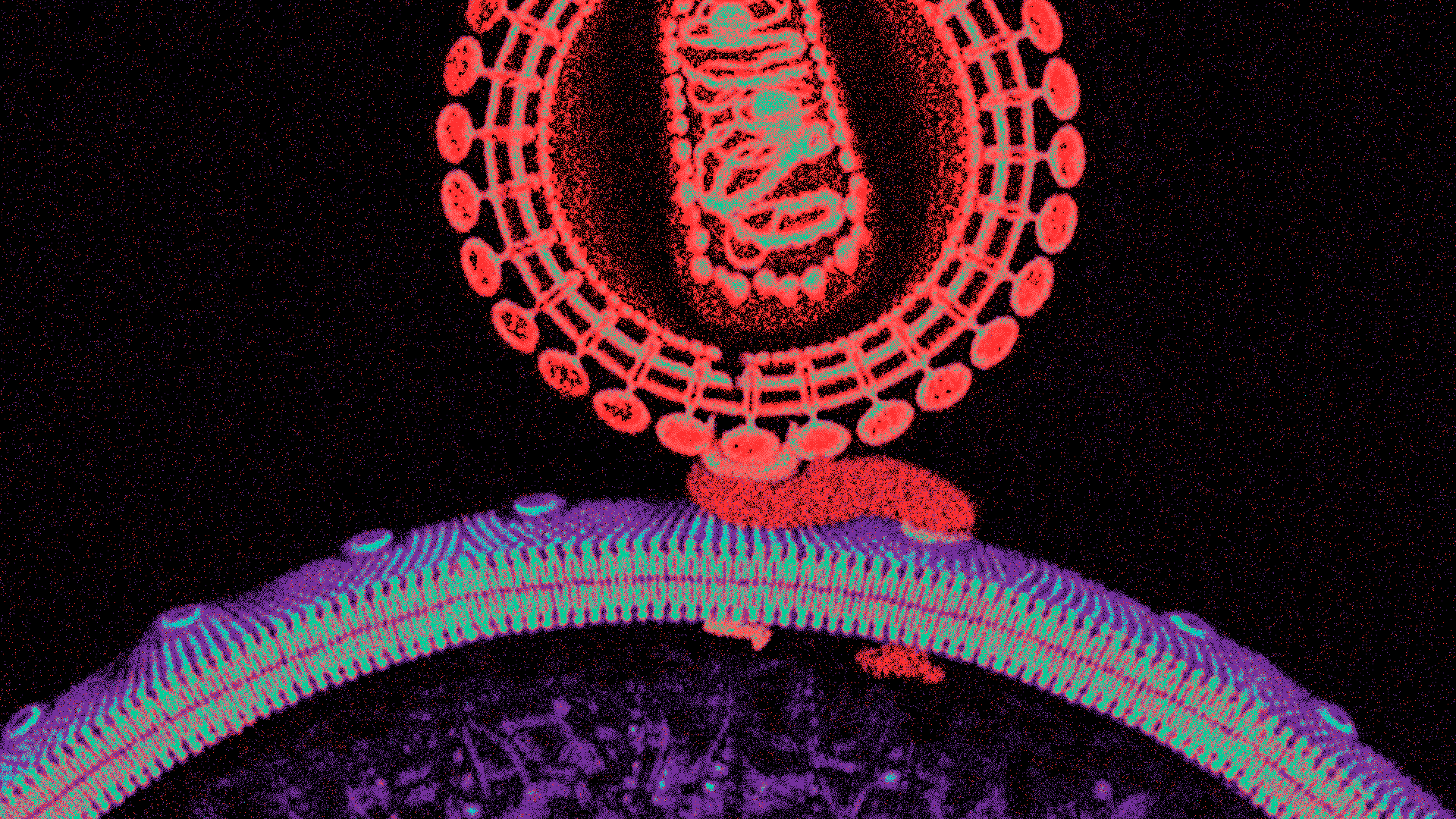Vaginal discharge is normal – most women and girls get it. It's a fluid or mucus that keeps the vagina clean and moist and protects it from infection.
Vaginal discharge is a fluid secreted from tiny glands in the vagina and cervix. This fluid leaks from the vagina each day to remove old cells and debris, keeping the vagina and reproductive tract clean and healthy.
The amount of vaginal discharge can vary significantly from person to person.
Check if your vaginal discharge is normal
Vaginal discharge is not usually anything to worry about if it:
- does not have a strong or unpleasant smell
- is clear or white
- is thick and sticky
- is slippery and wet
You can get a vaginal discharge at any age.
The amount of discharge varies. You usually get heavier discharge during pregnancy, if you're sexually active or if you're using birth control. It's often slippery and wet for a few days between your periods (when you ovulate).
What causes abnormal discharge?
Any change in the vagina's balance of normal bacteria can affect the smell, color, or discharge texture. These are a few of the things that can upset that balance:
- Antibiotic or steroid use
- Bacterial vaginosis, a bacterial infection more common in pregnant women or women who have multiple sexual partners
- Birth control pills
- Cervical cancer
- Chlamydia or gonorrhea (STDs), sexually transmitted infections
- Diabetes
- Douches, scented soaps or lotions, bubble bath
- Pelvic infection after surgery
- Pelvic inflammatory disease (PID)
- Trichomoniasis, a parasitic infection typically contracted and caused by having unprotected sex
- Vaginal atrophy, the thinning and drying out of the vaginal walls during menopause
- Vaginitis, irritation in or around the vagina
- Yeast infections
When vaginal discharge can be a sign of an infection
If your discharge changes – for example, in smell, colour or texture – it might be a sign of an infection. But do not self-diagnose – see a GP if you're worried.
| Discharge | Possible cause |
|---|---|
| Smells fishy | Bacterial vaginosis |
| Thick and white, like cottage cheese | Thrush |
| Green, yellow or frothy | Trichomoniasis |
| With pelvic pain or bleeding | Chlamydia or gonorrhoea |
| With blisters or sores | Genital herpes |
Rapid STD Testing
Rapid testing and quick results for common STIs such as chlamydia and gonorrhea allow for quick peace of mind and expedited treatment for you and/ or your partner. Expedited partner therapy allows you to collect medications for your partner.
Non-urgent advice: See a GP or go to a sexual health clinic if:
- your vaginal discharge changes color, smell, or texture
- you produce more discharge than usual
- you feel itchy or sore
- you bleed between periods or after sex
- you get pain when peeing
- you get pain in the area between your tummy and thighs (pelvic pain)
Sexual health clinics can help with abnormal discharge
Sexual health clinics treat problems with the genitals and urine system.
Many sexual health clinics offer a walk-in service, where you do not need an appointment. They'll often get test results quicker than GP surgeries.
How does the doctor diagnose abnormal discharge?
The doctor will start by taking a health history and asking about your symptoms. Questions may include:
- When did the abnormal discharge begin?
- What color is the discharge?
- Is there any smell?
- Do you have any itching, pain, or burning in or around the vagina?
- Do you have more than one sexual partner?
- Do you douche?
The doctor may take a sample of the discharge or do a Pap test to collect cells from your cervix for further examination.
Testing & Treatment For Abnormal Vaginal Discharge
In rarer instances, some ladies experience repeated abnormal discharge every month nearing their periods, or even abnormal discharge each time after sex even though both partners have been tested clear for STIs. The results after the swab can then be discussed with our PULSE clinic doctors to further investigate the causes of these repeated symptoms. Speak to our doctors at PULSE Clinics for Women’s Health issues.
Quick, confidential, and fuss-free testing in the comfort and privacy of our PULSExpress clinic, designed around the comforts and needs of You the patient, allows for rapid results and expedited treatment for you and or your partner.
Get tested today. We accept both walk-in and appointment bookings!
PCR Multiplex DNA Test for 28 Infections 




Our STD PCR Multiplex test offers advanced technology to detect up to 28 infections, including Gonorrhea, Chlamydia, Syphilis, Herpes Simplex, Trichomonas, and Candida strains, all in one test. It can identify infections in various anatomical areas, such as the throat, urethra, anorectal region, vagina, cervix, sperm, and skin lesions. For urethral infections, the Urine PCR is recommended, while the Throat Swab PCR is ideal after oral sex. Anal Swab PCR is advised for unprotected anal sex, and the Vaginal Swab PCR is recommended for vaginal sex, with staff guidance available for all tests.
| PCR for 28 Infections (STD Multiplex) | Online results | |||
| Same day** | Next day | 3 days | 7 days | |
| Throat | 14,000 THB | 11,600 THB | 10,480 THB | 9,200 THB |
| Urine | 14,000 THB | 11,600 THB | 10,480 THB | 9,200 THB |
| Anal Swab | 14,000 THB | 11,600 THB | 10,480 THB | 9,200 THB |
| Vaginal Swab | 14,000 THB | 11,600 THB | 10,480 THB | 9,200 THB |
| Cervical Swab | 14,000 THB | 11,600 THB | 10,480 THB | 9,200 THB |
| Sperm | 14,800 THB | 12,640 THB | 11,600 THB | 10,080 THB |
| Skin Lesion Swab | 14,000 THB | 11,600 THB | 10,480 THB | 9,200 THB |
| Pooling | 15,600 THB | 13,280 THB | 12,400 THB | 10,800 THB |
| PCR for 2 Infections (Gonorrhea/Chlamydia) | Same day | Next day | 3 days | 7 days |
| Throat | 5,690 THB | 4,990 THB | 3,990 THB | 3,300 THB |
| Urine | 5,690 THB | 4,990 THB | 3,990 THB | 3,300 THB |
| Vaginal and Cervical Swab | 5,690 THB | 4,990 THB | 3,990 THB | 3,300 THB |
| Rectal Swab | 5,690 THB | 4,990 THB | 3,990 THB | 3,300 THB |
| Sperm* | 6,200 THB | 5,150 THB | 4,100 THB | 3,690 THB |
| Skin lesion Swab | 5,690 THB | 4,990 THB | 3,990 THB | 3,300 THB |
All PULSE Clinics in Thailand provide the most comprehensive PCR Tests for 28 infections
to give you peace of mind and fast treatment
How is abnormal discharge treated?
How you are treated will depend on what’s causing the problem. For example, yeast infections are usually treated with antifungal medications inserted into the vagina in cream or gel form. Bacterial vaginosis is treated with antibiotic pills or creams. Trichomoniasis is usually treated with the drug metronidazole (Flagyl) or tinidazole (Tindamax).
Here are some tips for preventing vaginal infections that can lead to abnormal discharge:
- Keep the vagina clean by washing with a gentle, mild soap and warm water on the outside. There is no need to put soap directly in the vagina.
- Never use scented soaps and feminine products or douche. Also avoid feminine sprays and bubble baths.
- After going to the bathroom, always wipe from front to back to prevent bacteria from getting into the vagina and causing an infection.
- Wear 100% cotton underpants, and avoid overly tight clothing.
Things you can do to help with vaginal discharge
You cannot prevent vaginal discharge.
Panty liners can help with heavy or excessive discharge or if you're worried about any smell. But do not use them all of the time because they can irritate.
To help avoid irritation, soreness, or dryness:
Do
wash the skin around your vagina gently using plain water
Don’t
do not use perfumed or non-perfumed soaps or gels
do not use deodorants or scented hygiene wipes
do not wash inside your vagina (douche)
Contact us at info.bkk@pulse-clinic.com or chat on your preferred platform:
![]() +66 65 237 1936
+66 65 237 1936  @PULSEClinic
@PULSEClinic ![]() PulseClinic
PulseClinic









